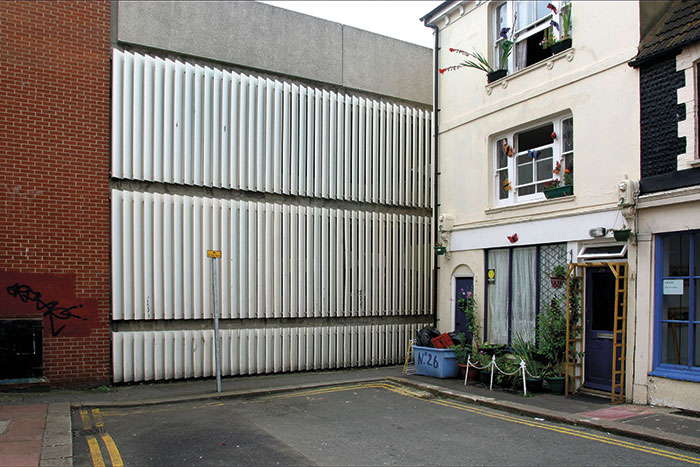
Government figures recently showed English local authorities were planning to put up the average band D council tax by 4.7% in 2019-20.
This came after CIPFA research showed councils planning to raise council tax by an average of 4.5%, the second highest increase in a decade and equivalent to £75 per annum for a Band D property.
That correlates with the results of our LGiU annual finance survey, which found that 97% of councils were planning on raising council tax – most by as much as they were allowed to.
If this is a response to a profound financial crisis – and the Local Government Association estimates that local authorities face a £3bn funding gap – the obvious question is: does it solve the problem? And the short answer is no.
As our survey showed, local authorities are all also increasing charging, and half are dipping into reserves to fund services. On top, they’re still cutting service budgets: with a third reducing spend on adult social care and a quarter on children’s services. Each upsets people and draws vehement criticism, yet councils are forced to do all of them to make ends meet.
So, raising council tax doesn’t bridge councils’ financial gap, but that’s not all. It angers residents. And the variance in council tax bases across the UK – depending on housing stock, where they started and whether and for how long they froze council tax – means it has very different impacts in different areas.
Also, while many local authorities may welcome having one aspect of income within local control, this is effectively capped by government, and they are increasingly dependent on one income measure rather than a broader tool kit.
'Degradation of local services and a rising tax base will catch up with it eventually. If local government fails – a possibility that feels less remote that it once did – central government will be left carrying the can. So it’s not sustainable to just keep loading risk on to local government.'
Many residents will feel it doesn’t work for them. Their council tax has gone up. There is no corresponding decrease in their national taxes, and local services are being cut. They feel like they are paying more for less.
And, of course, for all of us, there’s the absurdity of placing ever greater reliance on a regressive tax based on 1992 property values.
For central government, on the other hand, it does work – by effectively transferring political risk for tax rises on to local politicians.
But a degradation of local services and a rising tax base will catch up with it eventually. If local government fails – a possibility that feels less remote that it once did – central government will be left carrying the can. So it’s not sustainable to just keep loading risk on to local government.
What could be done instead? Our local finance taskforce has spent the past year talking to chief officers and leaders across the country. We found a surprising degree of attachment to council tax as a mechanism.
As one leader said, “I can see a house and I know how to tax it”. Revaluing council tax was generally seen as politically unrealistic, but there was some enthusiasm for rebanding or creating extra bands for expensive properties.
But, of course, that still adds to the overall tax burden for households. And this brings us to the main point.
Government has progressively narrowed councils’ fiscal options so they’re forced to raise council tax to keep going. But this is happening in a vacuum and is simply shifting money and risk around a closed system.
What we really need is a far bigger debate about how much we are willing to pay for local services and how. Should we consider other local taxes? Should we localise a portion of income tax? Do we need to fundamentally recalibrate the balance of spending and responsibility between local and national government?
Unless we are willing to open up that conversation then a debate about levels of council tax can only ever be a dead end.



















